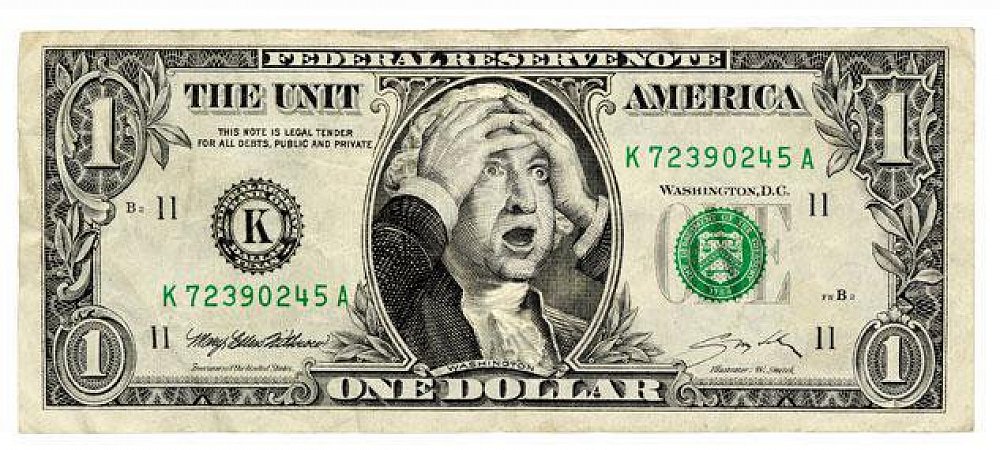In these difficult times are you about to make a mistake that could wreck your chances of achieving financial independence?
Have you been spooked sometime this year as the stock market, and the economy, have gone through wild gyrations?
Keep your cool during bad times and remember it is the investor who looks at the long term who wins in the end.
That is commonsense advice I have heard from many advisors over decades. And with the stock market’s recent volatile times—down at one-point some thirty percent this year and then recently roaring back into plus territory—anyone can crack under intense pressure and make bad decisions. But the market recently wiped out all its losses for the year so those who stuck to a long-term plan were rewarded.
Still, many investors don’t have a long-term plan or don’t stick to one. They suffer because every new low or high leads them to take rash actions. They then tear up good financial plans because of the temporary ups and downs of the market.
Longer Is the Winner
Most advisors were saying the same thing earlier this year as in 2008: Take a long-term view. Don’t let short-term situations change your goals. This is what advisors and investment pros have been telling me for decades. Their advice is unchanged after the recent bloodletting and recovery on Wall Street.
“Don’t panic and act emotionally,” says Brian Behl, an advisor in Waukesh, Wisconsin. “I know most people want to feel like they are doing something and that can lead to very poor decisions, mostly selling out of the market after it has already lost value.”
And even if you’re in your 60s or even 70s, you should not necessarily quit on stocks, says advisor Harold Evensky in Lubbock Texas.
“Remember, even if you’re 70 years old you have a 20 plus year time horizon,” Evensky adds. “There are only two possible outcomes to the current turmoil: The world comes to an end and no matter what you do, it will not matter. Eventually, in one, three or five years, markets will recover.”
Larry Ginsburg, an advisor in Oakland, California, says both the economy and the stock market will come back.
“Following this pandemic, and its huge cost in lives and financial losses, the world will continue to need goods and services,” he adds. “They will still be provided by companies, not countries. Patience is the best available tool to be used by investors to beat the bear.”
Inertia Can Be Your Friend
If you started out with an intelligent, well thought out plan and allocation, one of the smartest things you can do is nothing,” says Kashif A. Ahmed in Bedford, Massachusetts.
“Stick to your plan. And if you have funds, perhaps you may not find a great buying opportunity like this for many years.” Ahmed cautions investors not to forget the lessons of 2009.
Francis Gannon, co-chief investment officer with Royce Investment Management, says his firm remains “decidedly optimistic” about the stock market’s long-term prospects.
A key factor for the successful investor, Gannon argues, is to have a regular investment program that is applied in bad times as well as good.
“I think we’d emphasize the critical importance of investing incrementally over time during uncertain, volatile periods like this. The idea of dollar cost averaging is paramount in the current environment and has been forgotten by many,” according to Gannon. “It is important to note,” Gannon adds, “that bottoms for sectors, industries, and companies seldom occur simultaneously with the overall market and/or a broad index. More often than not, they have bottoms of their own.”
Are You Liquid? Can You Survive Bad Times?
However, in the meantime, until the rocky times are over, Sandra Adams, an advisor in Smithfield, Missouri, emphasizes the importance of liquidity.
“Keeping a healthy savings/emergency reserve, as much as 12 to 24 months in cash, is a good idea,” Adams says. She also believes one “should keep debt to a minimum and cutting back on non-essential spending could be a good idea, especially for those whose income sources may be wavering or are not guaranteed.”
Cash is not “trash” in bad times. Still, that’s when some cash poor investors could do silly things. These include expanding credit card debts. These are loans often taken at twenty percent interest rates. Some also end up selling otherwise good stocks that are merely being dragged down with the rest of the market. These are often good stocks that will likely recover along with the rest of the market when the Coronavirus crash is over.
Indeed, a substantial cash reserve, one that tide you over for a year, can keep you from cracking under the pressure of bad times.
![]()
